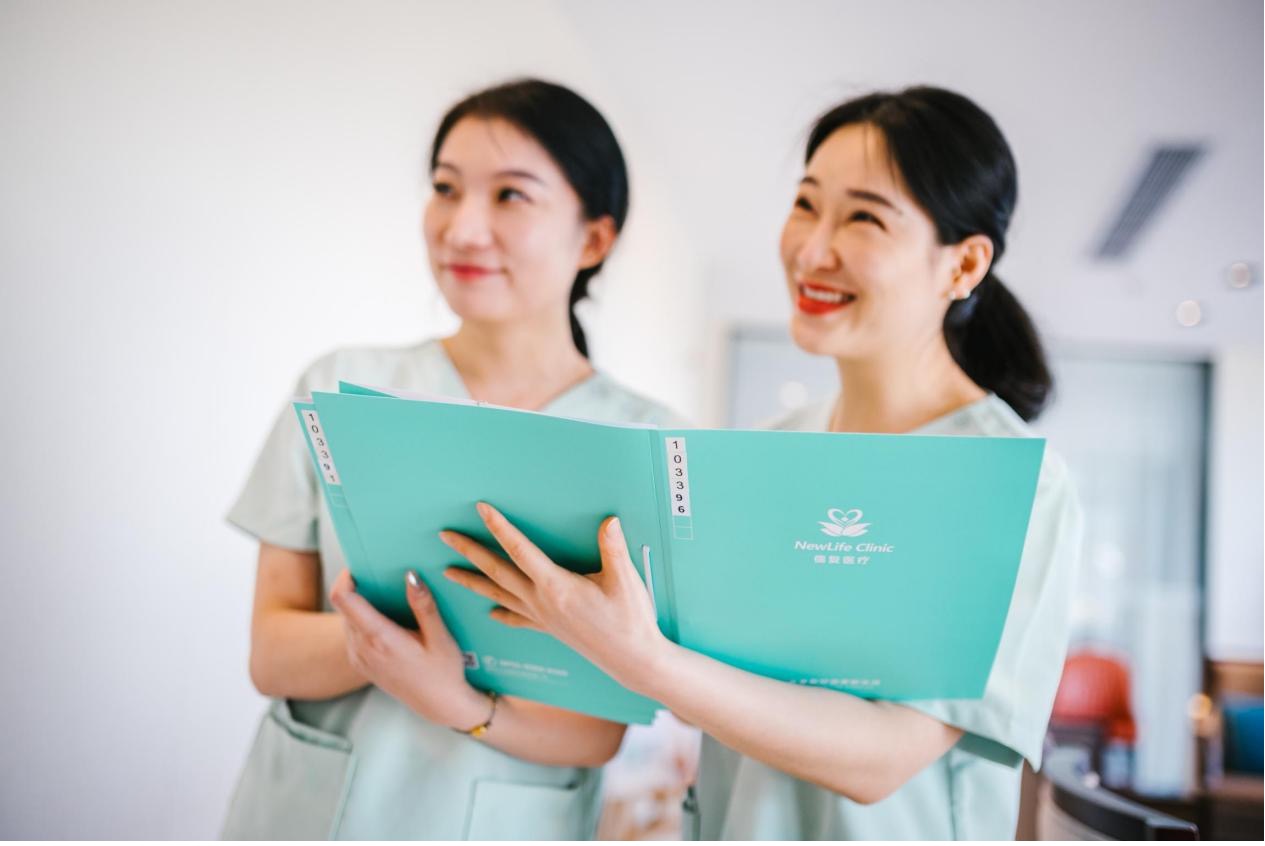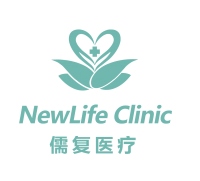Allergies and Immunology
 Allergy and immunology focus on the diagnosis and care of people with allergies, asthma, eczema, and other types of immune system disorders and issues.
Allergy and immunology focus on the diagnosis and care of people with allergies, asthma, eczema, and other types of immune system disorders and issues.
Our team works together to identify the causes of and triggers for patients' illnesses, and they may intervene with preventive and treatment strategies to reduce the frequency and severity of symptoms and reactions.
According to research allergies and other immunologic conditions impact hundreds of millions of children and adults around the globe with asthma and allergies often begin in childhood, and they are highly treatable in most circumstances. Therefore early intervention is crucial.
Food Allergies
Food allergy is an excessive response of the body's immune system to food ingredients or raw materials, usually caused by proteins. The most common food allergens are milk, eggs, peanuts, soybeans, nuts, wheat, fish, and crustacean seafood. Of course, there are many other types of food that can also cause allergic reactions in some people, but the above eight categories of food can contain about 90% of the cases.
The symptoms of allergies may vary greatly from person to person. Even if one person has different food, different allergic symptoms may occur. Food allergies vary in severity and speed of occurrence, and may vary at different times. Common acute symptoms include skin discomfort such as urticaria, eczema- gastrointestinal symptoms such as nausea, vomiting, diarrhea- respiratory symptoms such as a runny nose, sneezing, shortness of breath, etc.
Why testing for allergies is important?
Allergy testing is used to help find out if you or your child has an allergy to a specific food or environment. Testing may also be used to see if allergies have gone away over time.
How can Newlife help with allergies:
Currently Newlife Clinic tests for 20 environmental and 90 food allergies, after the results are ready, our doctors will discuss with you the appropriate treatment measures.
What to expect from NewLife Clinic:
- You will have a consultation and tests done in a comfortable and friendly setting.
- Consultation will be divided into clinical assessment and blood-taking.
- The entire process will last approximately 45 mins.
- You will be notified of results and a consultation will be made to discuss the follow-up measures.





















